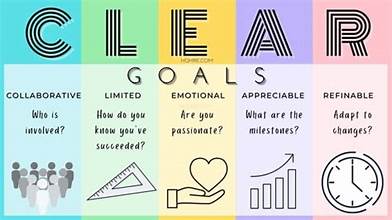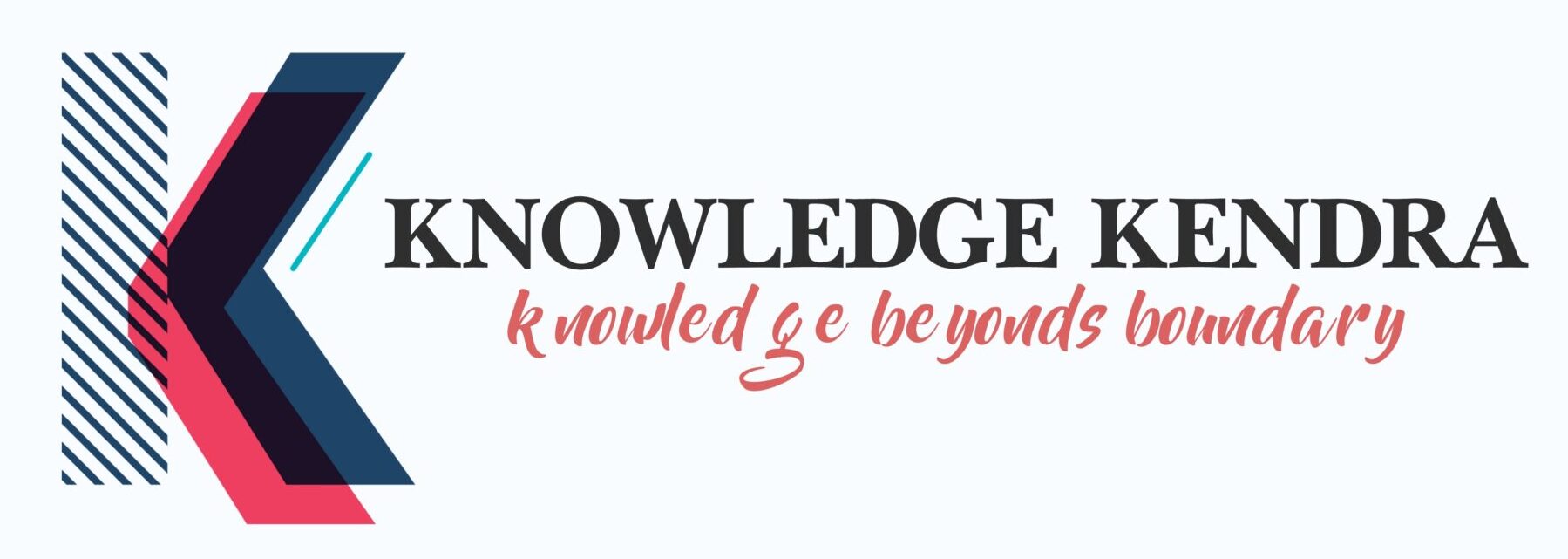In our fast-paced world, the ability to learn quickly and effectively is more important than ever. Whether you’re a student, a professional, or simply someone eager to acquire new skills, mastering the art of rapid learning can set you apart. Here, we’ll explore various techniques, strategies, and tips to help you accelerate your learning process.

1. Understand Your Learning Style
Everyone has a unique way of absorbing information. By identifying your learning style—whether visual, auditory, reading/writing, or kinesthetic—you can tailor your study methods for optimal retention.
- Visual learners benefit from diagrams, charts, and videos.
- Auditory learners thrive on discussions, podcasts, and lectures.
- Reading/writing learners prefer written material and note-taking.
- Kinesthetic learners excel through hands-on experiences and practical application.
Take some time to reflect on how you learn best. Once you know your style, you can create a more personalized and effective learning environment.
2. Set Clear Goals

Goal-setting is crucial for effective learning. Clearly defined goals provide direction and motivation. Use the SMART criteria—Specific, Measurable, Achievable, Relevant, and Time-bound—to formulate your learning objectives.
For example:
- Specific: I want to learn the basics of Python programming.
- Measurable: I will complete three online courses and build one small project.
- Achievable: I will dedicate at least three hours a week to this.
- Relevant: Learning Python will help me in my job as a data analyst.
- Time-bound: I aim to complete this in three months.
Breaking your goals into smaller, manageable tasks can help keep you on track and reduce feelings of overwhelm.
3. Use Active Learning Techniques
Active learning engages you in the process, making it more effective than passive methods like reading or listening alone. Here are some strategies:
- Summarize Information: After reading a chapter or attending a lecture, summarize the key points in your own words.
- Teach Others: Explaining concepts to someone else reinforces your understanding and highlights areas that need more attention.
- Practice Retrieval: Test yourself on the material rather than just reviewing it. This could be through flashcards, practice tests, or discussing topics with peers.
- Group Study: Collaborating with others can provide new perspectives and insights, helping you grasp concepts more deeply.
4. Embrace the Spaced Repetition Technique
Spaced repetition involves reviewing information at increasing intervals over time. This method is highly effective for long-term retention. Instead of cramming, distribute your study sessions over days or weeks. Tools like Anki or Quizlet can help automate this process.
Example Schedule:
- Day 1: Learn new material.
- Day 3: Review material.
- Day 7: Review again.
- Day 14: Final review.
This technique leverages the brain’s natural forgetting curve, reinforcing memories just as you’re about to forget them.
5. Incorporate Multimodal Learning
Combining different learning modes can enhance understanding and retention. For example, if you’re learning about a historical event, you might:
- Read a textbook chapter.
- Watch a documentary on the topic.
- Discuss it with a friend.
- Write a reflection or summary.
Engaging with the material in various formats can help solidify your knowledge and make learning more enjoyable.
6. Take Regular Breaks
The brain’s capacity for focus and retention isn’t limitless. The Pomodoro Technique—working for 25 minutes followed by a 5-minute break—can enhance concentration and prevent burnout. During your breaks, do something relaxing or engaging that isn’t related to your study material. This can recharge your mental energy and improve overall productivity.
7. Create a Conducive Learning Environment

Your physical environment can significantly impact your ability to learn. Here are some tips to optimize your study space:
- Minimize Distractions: Choose a quiet location, turn off notifications, and eliminate clutter.
- Comfortable Setup: Ensure your chair and desk are ergonomically friendly. Good lighting is also essential.
- Use Resources: Keep study materials and tools within reach, such as notebooks, textbooks, and technology.
8. Stay Curious and Motivated
Cultivating a curious mindset can drastically enhance your learning speed. Stay open to new ideas, ask questions, and explore subjects beyond your syllabus. When you’re genuinely interested in what you’re learning, motivation becomes a natural byproduct.
To maintain motivation, find ways to make learning fun. Gamify your study sessions, join study groups, or engage with online communities related to your interests.
9. Manage Your Time Wisely
Effective time management is key to learning efficiently. Prioritize tasks based on deadlines and importance, and create a study schedule that allocates time for each subject or skill you want to master.
- Use a Planner: Digital or paper planners can help you keep track of deadlines and commitments.
- Set Timers: Allocate specific time blocks for studying and stick to them to maintain focus.
- Limit Multitasking: Focus on one task at a time for better concentration and retention.
10. Practice Mindfulness and Self-Care
Your mental and physical well-being directly affects your learning capabilities. Incorporating mindfulness practices, such as meditation or deep-breathing exercises, can enhance focus and reduce anxiety.
Additionally, prioritize self-care:
- Get Enough Sleep: Sleep is essential for memory consolidation.
- Stay Hydrated and Nourished: Proper nutrition fuels your brain.
- Exercise Regularly: Physical activity boosts cognitive function and mood.
Conclusion
Learning faster is not just about putting in more hours; it’s about working smarter. By understanding your learning style, setting clear goals, utilizing active learning techniques, and managing your time effectively, you can dramatically improve your ability to absorb and retain information.
Embrace curiosity, stay motivated, and prioritize your well-being to make the learning process enjoyable and effective. Remember, the journey of learning is just as important as the destination—enjoy every step along the way!



